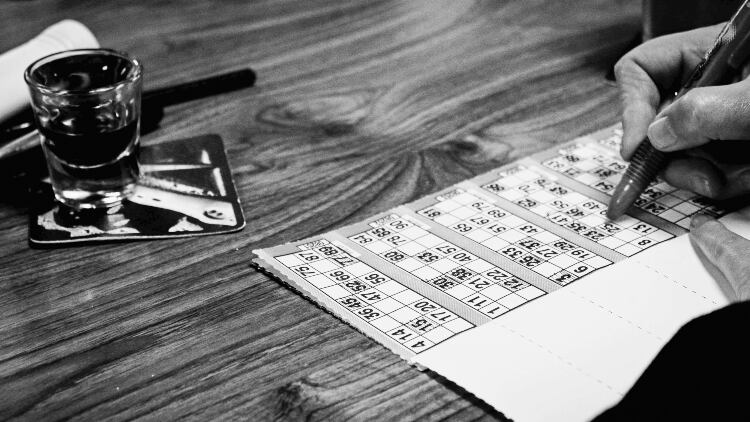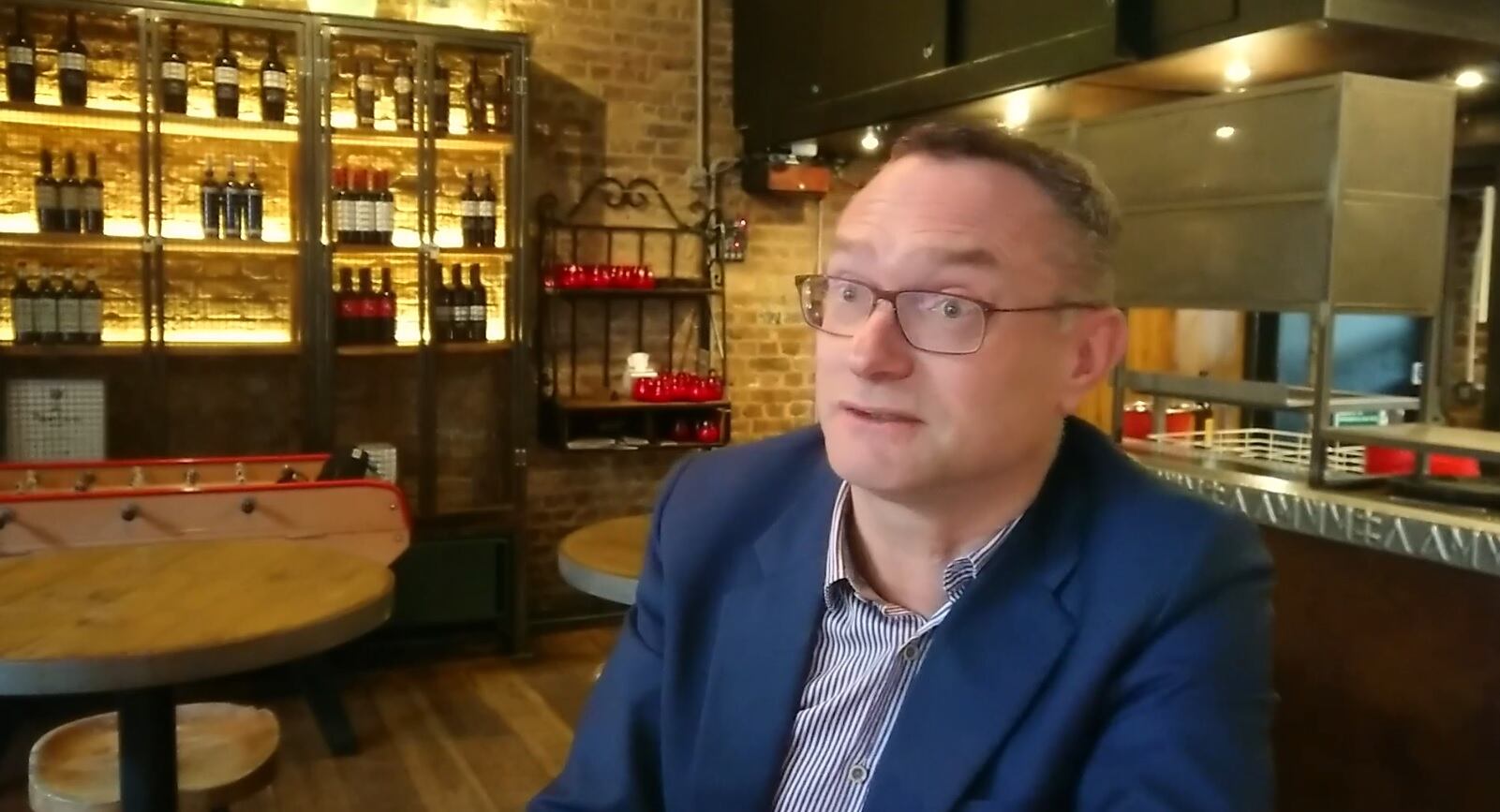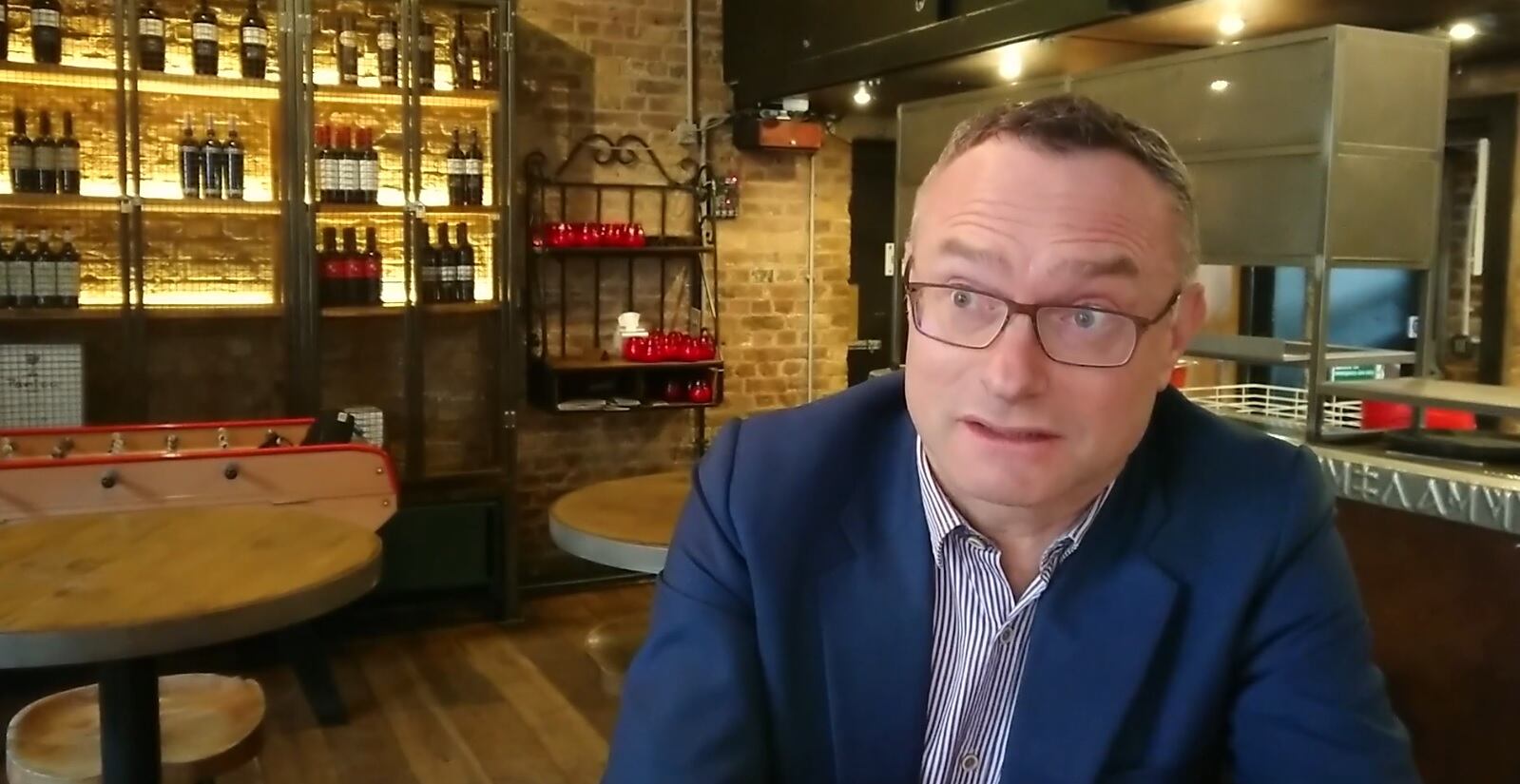Weekly bingo at the pub
Q: We have started to provide a weekly game of bingo at our pub. The gambling is fairly low level at £1 for a bingo card. We are a family orientated pub and allow children and under-18s on the premises. Can we let under-18s play?
A: The critical answer here is, unfortunately, no.
The Gambling Act makes it an offence if a person invites, causes or permits a person under 18 to gamble.
The maximum penalty on conviction for an offence is 51 weeks imprisonment and/or a potentially unlimited fine.
The Gambling Commission has issued a code of practice for equal chance gaming in pubs that provides guidance and it is essential you implement an age verification policy for your games of bingo.
Generally, the legislation allows sites that hold an on-premises licence to provide facilities for gambling if games are only played at times when alcohol can be sold for consumption on site.
Provided you do not have a restaurant condition restricting alcohol sales to customers consuming food, stakes are limited to a maximum of £5 per person per game and all stakes are returned by way of prizes, your current games should be fine.
Motion picture licensing
Q: I am the secretary of a members’ club and have received a letter from the Motion Picture Licensing Company suggesting I apply for its ‘umbrella licence’ to allow us to show films and television programmes. We already have the required PRS/PPL licence along with the provision of films on our club premises certificate. We mainly only show sports channels through our commercial subscription. Any advice?
A: Previously, under section 72(1) of the Copyright, Designs and Patents Act 1988, copyright permission was not required to show films (or broadcasts and certain sound recordings) in a premises that allow free access to the public.
However, from June 2016, films that essentially include any recorded moving image were removed from this exemption.
This means that if you show films or television programmes in a public place, whether or not it is free to enter, you will require a licence to show the copyrighted material contained in those films/programmes.
This applies whether or not the films are shown via live television or via recordings or streaming.
The same concept already applies to music and you state you have obtained the relevant permission from PRS/PPL.
Any performance outside a ‘domestic and private context’ is considered a public performance with clubs being considered semi-public and requiring appropriate permission.
A separate licence should not be required to show Sky Sports or BT Sports, for example, as the relevant commercial subscription should act as the licence in these cases. You also do not need this licence if you only show news channels or music channels, but you will need a Video Performance Licence (VPL) licence for the film content in any music videos.
It is worth noting there are different types of licences available. If you would like to show films or television on a regular basis, even where this is only used for background entertainment, then the ‘umbrella licence’ may be appropriate.
However, if you are screening specific films for individual events, you may want to look at obtaining a ‘single title licence’ for each event.
You should consider what content you show at your premises, how this is managed and whether you will need an additional licence. If you can actively manage the content and only show specific sports broadcasts, a further licence may not be necessary.
It is up to the owner of the copyrighted material to enforce their rights and the collecting societies, such as MPLC, are now writing to businesses enforcing those rights on behalf of their clients.
For any legal enquiries please visit Poppleston Allen's website.




